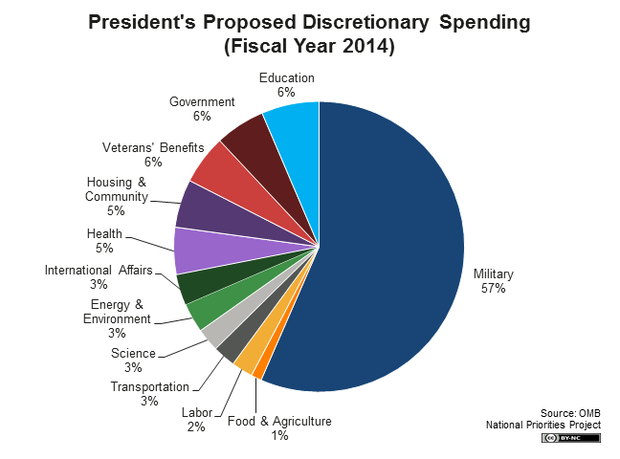J Randy Forbes: China. There, I said it
http://atimes.com/atimes/China/CHIN-02-270614.html
Republican J Randy Forbes (R-VA) is the Chairman of the House Armed Services Seapower and Projection Forces Subcommittee and co-chair of the Congressional China Caucus.
China. There, I said it
By J Randy Forbes
Jun 27, '14
In June 2012 I wrote in the article "China. There, I said it" about an effort to generate a conversation about how the United States was publicly discussing the competitive elements of its relationship with the People's Republic of China (PRC). At the time, I felt like there was an unnecessarily tight muzzle on our civilian and military leadership that prevented the US from having a frank and honest conversation about the subject.
If Congress is going to be asked to marshal the resources to sustain its enduring interests in the Asia-Pacific region - including a balance of military power that favors the US and its allies - I contended that the administration and specifically the Pentagon would only be successful if they were comfortable publicly making the case why these investments were required.
Two years on, I have observed occasional improvements in the discourse. Between President Obama's strong position on the Senkaku/Diaoyu islands before his recent trip to Asia, Secretary of Defense Chuck Hagel's forceful speech at the Shangri-La Dialogue, or Assistant Secretary of State Danny Russel's stern testimony on maritime disputes in the region, the statements and testimony from administration officials and the president himself in the past two years have taken on a new level of seriousness toward China.
However, in military and security terms we still struggle to communicate how the defense budget is being built to manage the security competition with China. For instance, our military's capabilities for anti-surface and anti-air warfare, counter-mine operations, missile defense, long-range strike, and base resiliency are increasingly discussed in public briefings and strategy documents. Unfortunately, there is a tendency to justify these missions as an end in themselves rather than explain why they have taken on a newfound importance. Classified briefings will continue to be used to translate this information to the Congressional defense committees, but if the Pentagon aims to justify its budget to Congress as a whole and avoid further rounds of sequestration cuts, for instance, it will need to move beyond discussing missions and programs to identify the actual risks associated with failing to counter China's emerging military capabilities.
--

